Ben Weykamp and his wife, Nancy, had just met with three doctors to discuss options to treat his recurrence of prostate cancer.
They were finishing up for the day when more people walked in.
One of them carried a cake for their 60th wedding anniversary.
“It was just the sweetest thing ever,” Weykamp said. “Here we sat through two to three hours of stressful stuff and they come in with a cake for us. It was absolutely marvelous.”
That’s just one reason Weykamp felt he was in good hands with the multispecialty cancer team at Corewell Health’s Lemmen-Holton Cancer Pavilion.
“That’s the kind of thing that happened every time I went there,” Weykamp said. “That’s the kind of people we were dealing with.”
Karen Moy, who provides administrative support for the multispecialty cancer team, said that when she called Weykamp to set up his appointments that day, he mentioned it was his anniversary.
So she ordered a cake and brought it to work.
“I love doing those extra things for patients to make their visit special,” Moy said.
State-of-the-art solutions
Weykamp had already been on a long journey with prostate cancer before he found himself at Lemmen-Holton Cancer Pavilion that day.
When doctors first diagnosed the 81-year-old in 2007, he opted to have his prostate removed with robotic surgery.
Every year after that, his doctor would do bloodwork to check his PSA, or prostate-specific antigen. And for 15 years, it was zero, indicating no signs of cancer.
“That was always the first thing I looked at, to see if it was zero,” Weykamp said.
But in January 2022, it jumped to 2.1 ng/ml.
“It was not that the number was so high, but that it was such a big change from before,” he said.
His primary care physician feared that could mean his cancer had returned, so he referred Weykamp to a urologist, who then sent him to the multispecialty team.
Scans confirmed: the cancer had returned. And now his PSA was up to 5.1 ng/ml.
It was on May 23 that Weykamp found himself meeting with three doctors through the multispecialty cancer team—a surgical urologist, a radiation oncologist and a medical oncologist.
Emerson Lim, MD, Weykamp’s medical oncologist, said the team met prior to meeting with Weykamp to discuss treatment options. The team then arranged back-to-back appointments with all the doctors to discuss recommendations.
That process made everything a little less stressful, Weykamp said.
Their decision: androgen deprivation therapy, commonly called hormone therapy, and radiation.
Because Weykamp’s initial scans had shown cancer in some lymph nodes, they opted to do a newer, state-of-the-art scan called a prostate-specific membrane antigen PET scan. It would help pinpoint areas for treatment.
“It does offer much more sensitive and specific detection of prostate cancer,” Dr. Lim said. “It is now FDA-approved and we do have it available at (Corewell Health).
“We thought before putting him through the course of radiation, we should double-check and make sure that the cancer hasn’t gone anywhere else.”
Thankfully, it hadn’t.
“We could feel more confident proceeding with radiation to that area,” Dr. Lim said.
Staying busy
First, though, on June 1, Weykamp received a six-month dose of hormone treatment, administered with a shot. Thirty days later he was ready for radiation, in the form of five high-dose treatments, every other day for 10 days.
After treatment, he underwent another PSA test.
And Weykamp saw what he hoped for: a zero.
That meant he could get back to the busy life he enjoyed, including fishing, golfing and doing all his own yardwork—at 81 years old.
“I don’t sit still much,” Weykamp said. “If you sit still too long, they’ll kick dirt on you.”
Weykamp worked for 40 years as a salesman in the printing business. In retirement he enjoys his hobby as an event, nature and wildlife photographer.
He also serves on the Grandville Parks and Recreation board.
“I think attitude has a lot to do with it,” he said. “In my mind, I thought, ‘OK. I have cancer. But we can treat it, so let’s get to it.’ It is scary, but with Lemmen-Holton and the system they have, the doctors, that just put us at ease.”
He had tremendous support from his family, including his wife, Nancy, his son, John, who attended appointments with them, and his grandson, a doctor from Seattle who Facetimed with them during appointments.
Weykamp is grateful he kept up with his PSA tests.
“Every year when I had my physical, that was something that always came up in my mind,” Weykamp said. “Should we do it? And I’m glad I did.”
Dr. Lim encourages men to meet with their primary care physician or urologist to discuss if, when, and how often they should have a PSA test.
Meanwhile, Weykamp plans to keep busy—and he remains grateful for the care he received, as well as the simple acts of kindness he experienced.
“Those are things that you can’t teach,” he said. “Those are just nice, good, compassionate people. You can’t teach that. It’s just inside those people.”
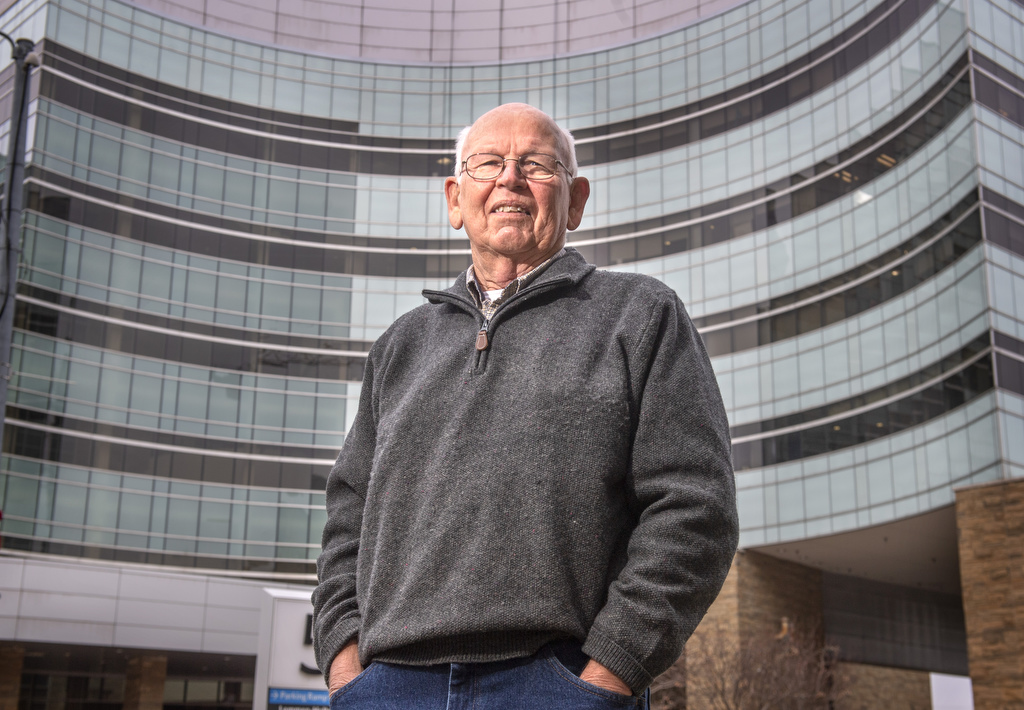
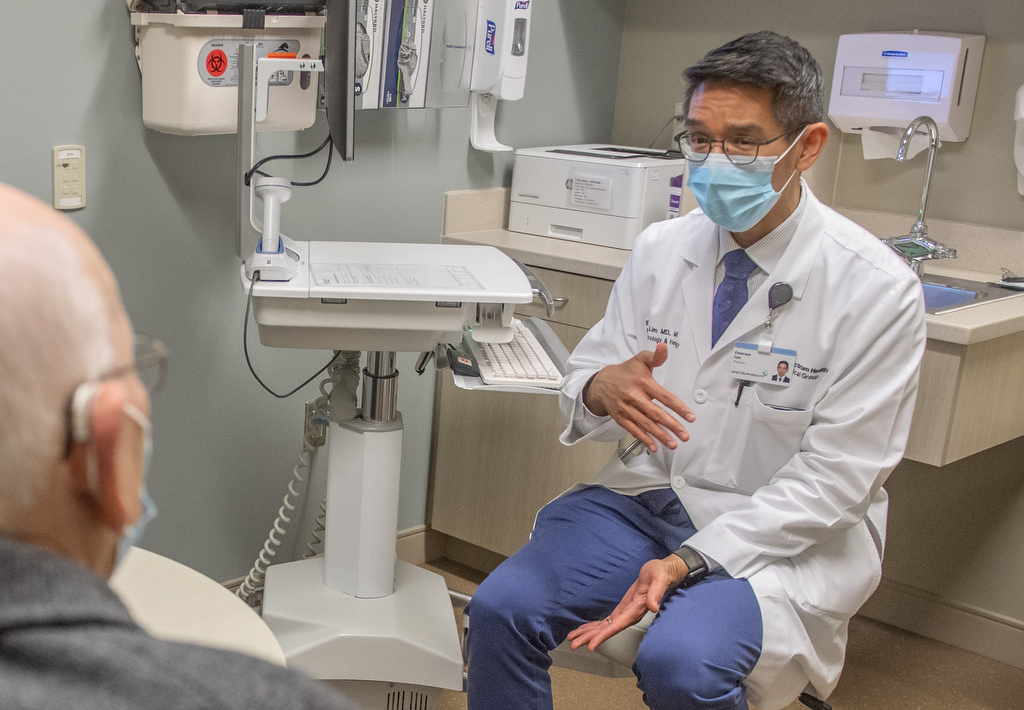
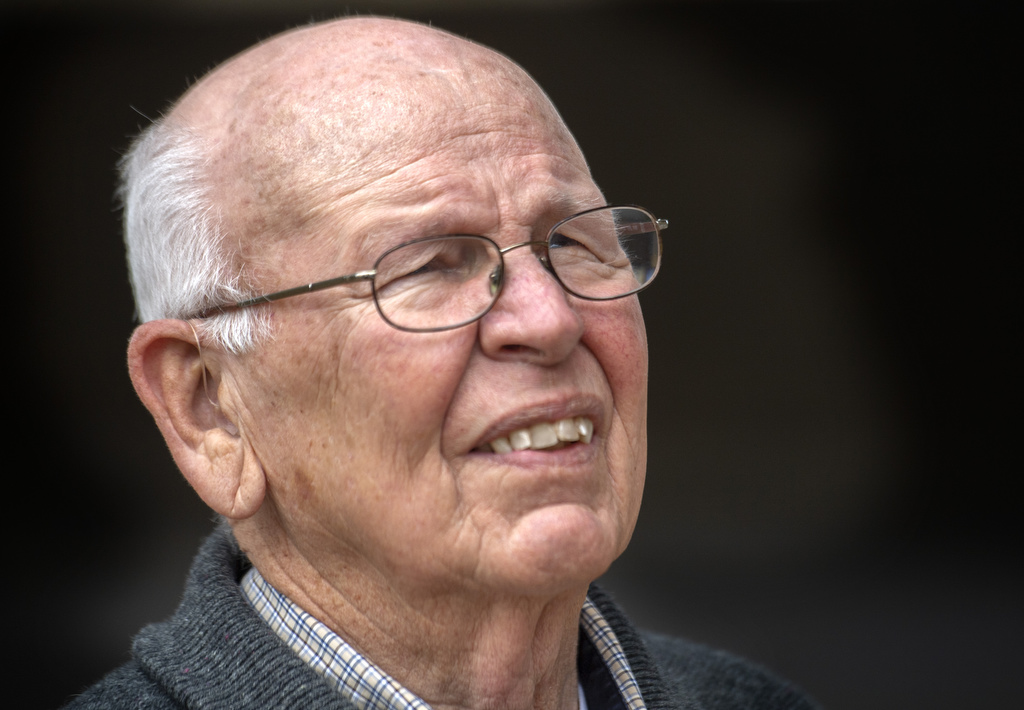






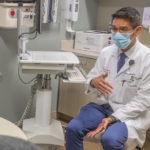

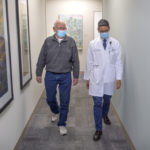

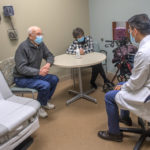


 /a>
/a>
 /a>
/a>
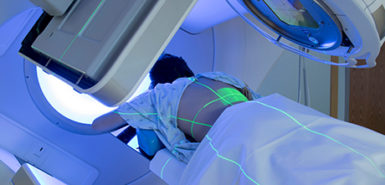 /a>
/a>
I too am a longer term prostate cancer survivor. Having had the Robotic surgery13 yrs ago. I have been tested yearly for PSA and thankfully its been around zero.
After reading this article, it makes me aware I must remain vigilant. Thank you, I will tell others I know who are long term PSA zero’s to stay on top of this.